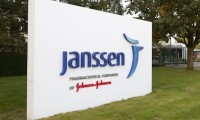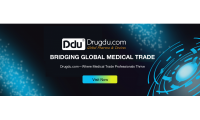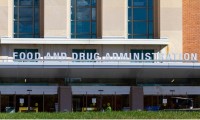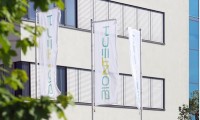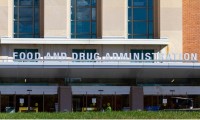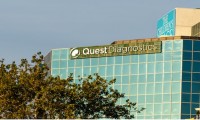-
Janssen’s Talvey granted FDA accelerated approval for difficult-to-treat blood cancer
- Source: drugdu
- 164
- August 15, 2023
-
Amylyx’s ALS drug Relyvrio gets off the ground as company eyes new brain disorder
- Source: drugdu
- 106
- August 15, 2023
-
【EXPERT Q&A】What is the FDA’s drug approval process?
- Source: drugdu
- 208
- August 15, 2023
-
Regeneron to acquire Decibel Therapeutics in deal worth up to $213m
- Source: drugdu
- 118
- August 14, 2023
-
Galera Lays Off 70% of Staff After FDA Rejection in Severe Oral Mucositis
- Source: drugdu
- 118
- August 14, 2023
-
BioNTech and Duality Biologics add third ADC candidate to oncology partnership
- Source: drugdu
- 103
- August 11, 2023
-
analysts
- Source: drugdu
- 170
- August 9, 2023
-
Biogen, Sage’s postpartum depression approval overshadowed by larger rejection
- Source: drugdu
- 112
- August 9, 2023
-
FDA Approves Biogen, Sage’s Zurzuvae as First Pill for Postpartum Depression
- Source: drugdu
- 101
- August 8, 2023
-
Quest Launches Alzheimer’s Beta-Amyloid Blood Test for Consumers
- Source: drugdu
- 213
- August 3, 2023
your submission has already been received.
OK
Subscribe
Please enter a valid Email address!
Submit
The most relevant industry news & insight will be sent to you every two weeks.

